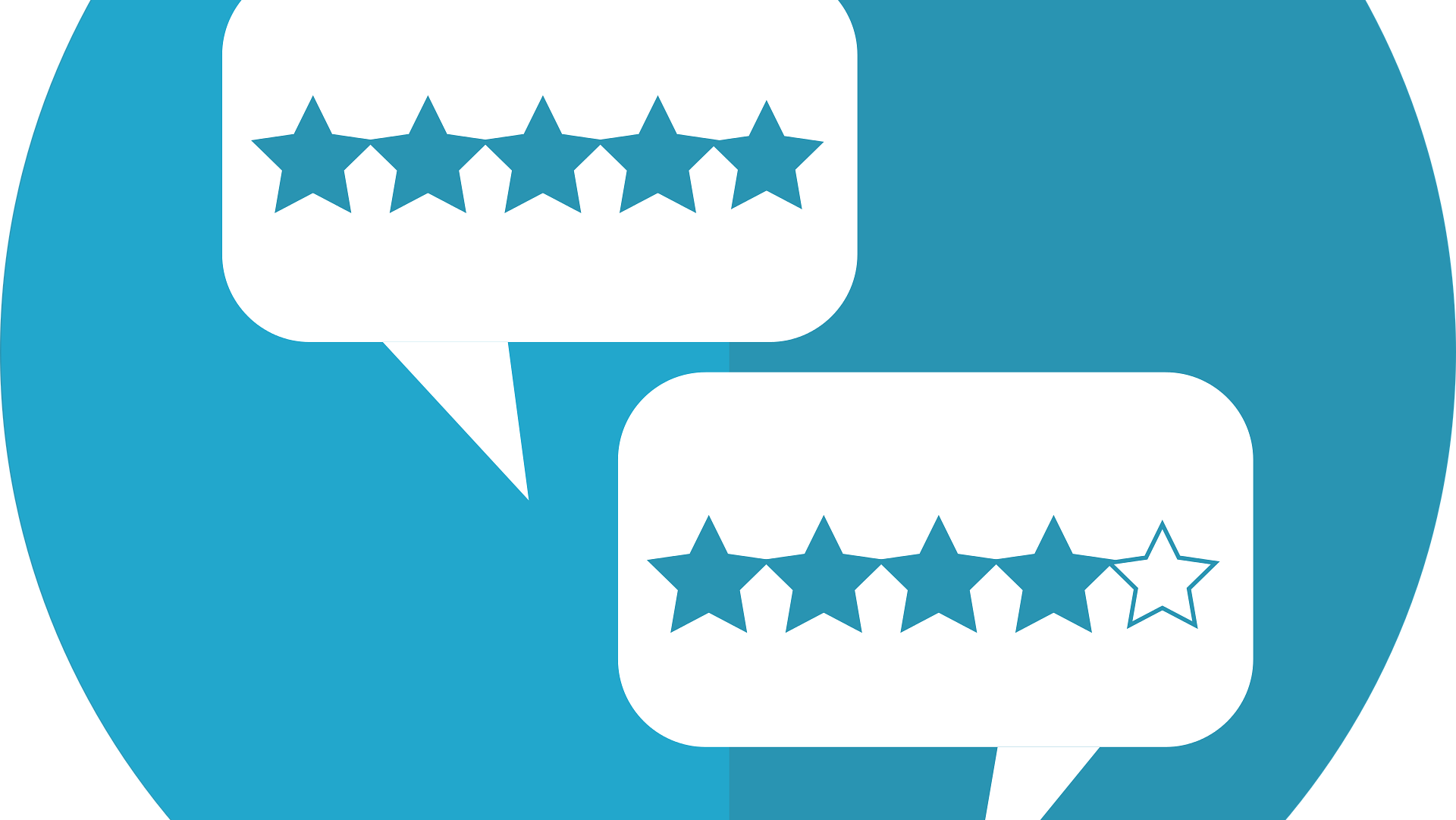Executive Coaching and Leading Change
Leading change is one of the most stressful responsibilities of leadership. Change initiatives require heavy workloads, long hours, and helping others navigate the change process. It’s a lonely endeavor as leaders often have to go it alone due to the sensitive nature of change.
It’s no surprise that a Korn Ferry survey found leading change one of the top reasons for leaders to hire an executive coach. A coach serves as a valuable partner by offering a collaborative process in five key areas: brainstorming, awareness, action plans, accountability, and encouragement.
Brainstorming
A coach provides a safe place for brainstorming by offering time and space for the leader to think out loud. I often hear client comments like, “I just needed to get what I’ve been thinking out of my head.” Coaching techniques like mind mapping, role-playing, and visualization generate new ideas and possibilities for the leader.
A coach’s use of powerful questions helps the leader uncover new angles to the change initiative. They often reveal gaps in the leader’s thinking or perspective. For example, results-oriented leaders often overlook the human side of change and the importance of building trust through interpersonal communication and relationships.
Awareness
Active listening enables the coach to pick up not only what the leader is saying, but what she isn’t saying, as well as nonverbal cues. The leader is more likely to show up as the best version of herself as the coach helps her gain awareness of barriers to effectiveness.
A coach encourages the leader to engage in self-reflection as a way to capture what she is learning through the change process. Developing better self-awareness, mindsets, and behaviors help the leader get stronger during a season of change rather than wearing down.
Action Plans
Opposition and resistance make it easy for the leader to get stuck while leading a change initiative. A coach facilitates the creation of action plans to get unstuck. In some cases, it’s as simple as encouraging the leader to determine the next step he needs to take. In others, it’s getting the leader to use the domino effect to his advantage; finding the one action that sets off a chain reaction to move the change forward.
A coach is also instrumental in preventing “paralysis by analysis,” when the leader knows what he needs to do but procrastinates on making the decision. One client got unstuck when I asked, “What more do you need to know to make a final decision?”
Accountability
Coaching sessions typically end with a summary of the leader’s commitments, or actions she will take before their next meeting. The coach reviews those commitments with the leader at the beginning of the next coaching session. The leader’s self-discipline and follow-through ensure progress toward her goals.
A coach also holds the leader’s agenda for her. By reminding the leader of her vision and priorities, a coach keeps the leader focused on the big picture while she accomplishes smaller, tactical details.
Encouragement
Leading change is more challenging than managing a project that has defined beginning and end points. A coach helps the leader establish milestones to measure progress and encourages him with reminders of progress made.
A coach also encourages the leader to pause and celebrate these accomplishments with his team. As John Kotter, author of Leading Change, suggests, short-term wins reveal progress made, boost morale, and build positive momentum.
This article was first published on the LeadChange blog.









